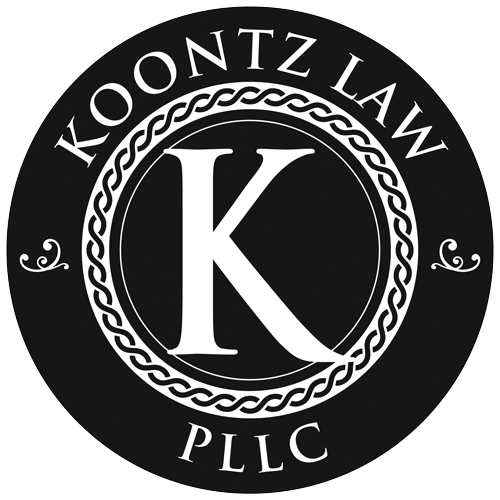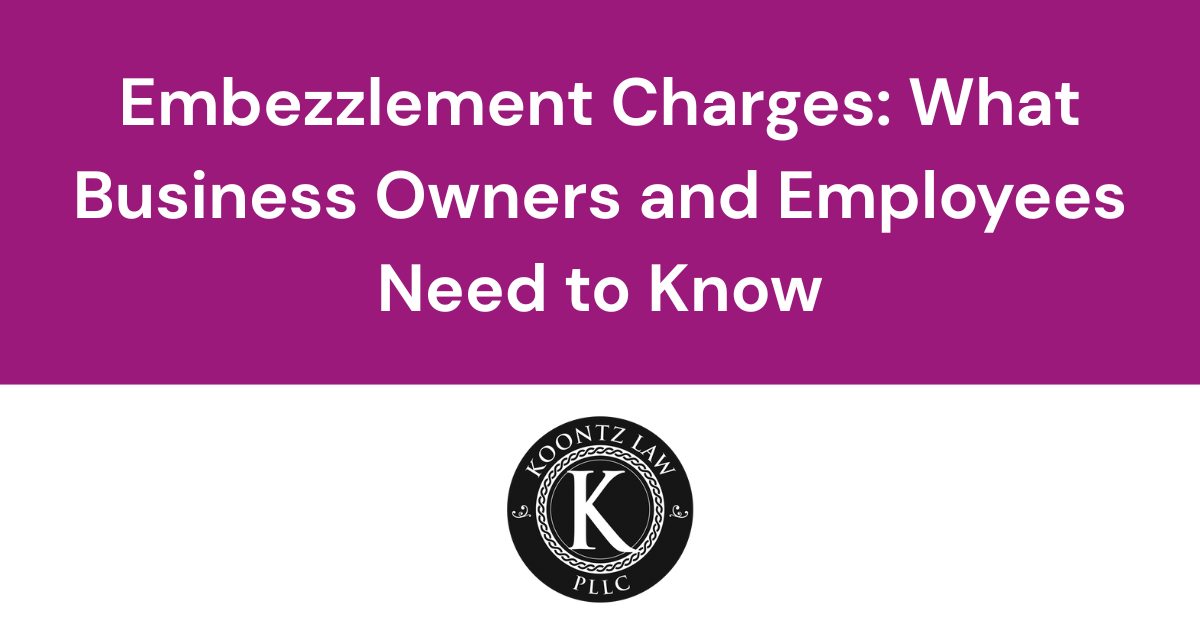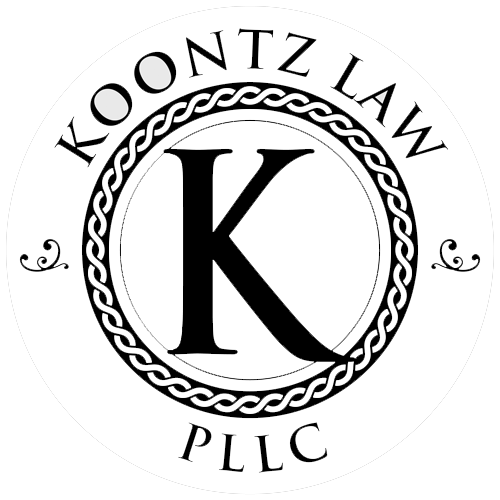What to Expect During a Child Custody Battle in North Carolina
Child custody battles can be emotionally charged and legally complex, especially when both parents are committed to securing the best outcome for their child. Understanding the process and knowing what to expect can help alleviate some of the stress and uncertainty. Here is a comprehensive guide on what to expect during a child custody battle in North Carolina.
Initial Steps: Filing for Custody
Filing a Complaint
The process begins with filing a complaint for child custody in the appropriate North Carolina court. The parent initiating the process, known as the plaintiff, must serve the complaint to the other parent, known as the defendant.
Response from the Other Parent
Once the complaint is filed, the defendant has the opportunity to respond. This response will outline their position on custody and may include counterclaims or additional requests regarding the child’s welfare.
Types of Custody
Legal vs. Physical Custody
In North Carolina, custody is divided into legal and physical custody. Legal custody involves the right to make important decisions about the child’s life, such as education, health care, and religious upbringing. Physical custody pertains to where the child will live.
Sole vs. Joint Custody
Custody can be awarded as sole or joint. Sole custody grants one parent full custody rights, while joint custody means that both parents share responsibilities and decision-making for the child. Courts generally prefer joint custody arrangements, as long as they serve the best interest of the child.
Mediation
Mandatory Mediation
North Carolina law requires parents to participate in mediation before proceeding to trial. Mediation provides an opportunity for both parties to negotiate and reach an agreement on custody matters outside of court. This process can be less adversarial and more conducive to cooperative parenting arrangements.
Reaching an Agreement
If an agreement is reached during mediation, it can be submitted to the court for approval. Once approved, it becomes a binding court order. If mediation fails, the case proceeds to trial.
The Court Process
Custody Evaluations
In contentious cases, the court may order a custody evaluation. This involves an assessment by a qualified evaluator who will investigate each parent’s home environment, parenting capabilities, and the child’s needs. The evaluator will submit a report to the court with recommendations.
Court Hearings
During the court hearings, both parents will present their cases. This includes providing evidence, calling witnesses, and demonstrating why their proposed custody arrangement is in the child’s best interest. The judge will consider various factors, such as each parent’s ability to provide for the child, the child’s relationship with each parent, and the child’s needs and preferences.
Best Interest of the Child
The primary consideration in any custody decision is the best interest of the child. Factors the court may consider include:
- The child’s age and developmental needs.
- Each parent’s ability to provide a stable and loving environment.
- The child’s adjustment to home, school, and community.
- The relationship between the child and each parent.
- Any history of domestic violence or substance abuse.
Koontz Law Is Here To Prepare You
Navigating a child custody battle in North Carolina requires understanding the legal process and being prepared for each step. From filing the initial complaint to participating in mediation and potentially going to trial, knowing what to expect can help you better advocate for your child's best interests. At Koontz Law, we are dedicated to providing compassionate and skilled representation to help you achieve a favorable outcome in your child custody case.
Contact us today to schedule a consultation and learn how we can assist you in this challenging time.











